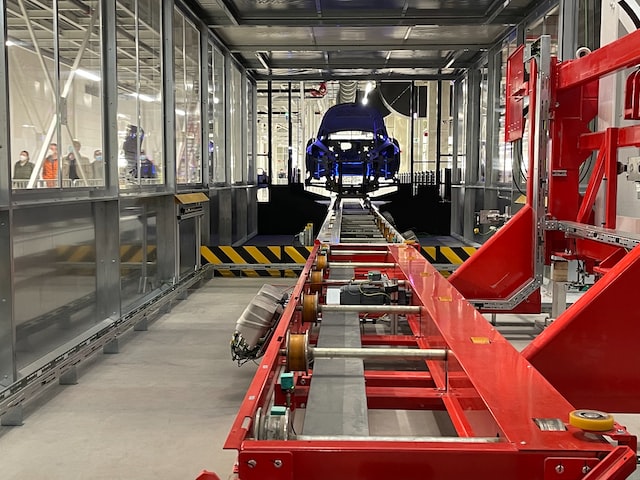Swiss scientists are developing an innovative new camera that mimics the retina of the human eye called the DVS128 Dynamic Vision Sensor (DVS), developed by iniLabs, a division of Institute of Neuroinfomatics based in Zurich.
The DVS 128 is intended for use in security cameras, microscopy and robotics, according to a report from Salon, and will only respond to changes in a certain area, which would mean the camera has less information to process and is much more precise in focusing on a subject.
“Conventional vision sensors see the world as a series of frames,” explains iniLabs in their technology briefing. “Successive frames contain enormous amounts of redundant information, wasting memory access, RAM, disk space, energy, computational power and time. In addition, each frame imposes the same exposure time on every pixel, making it difficult to deal with scenes containing very dark and very bright regions.”
iniLabs’ patented technology focuses on changes in the scene caused by movement, which will return a much more precise image. The quality of the images is similar to that of a conventional high-speed vision sensor producing images at thousands of frames a second.
The new camera also saves the user an immense amount of storage space for data.







